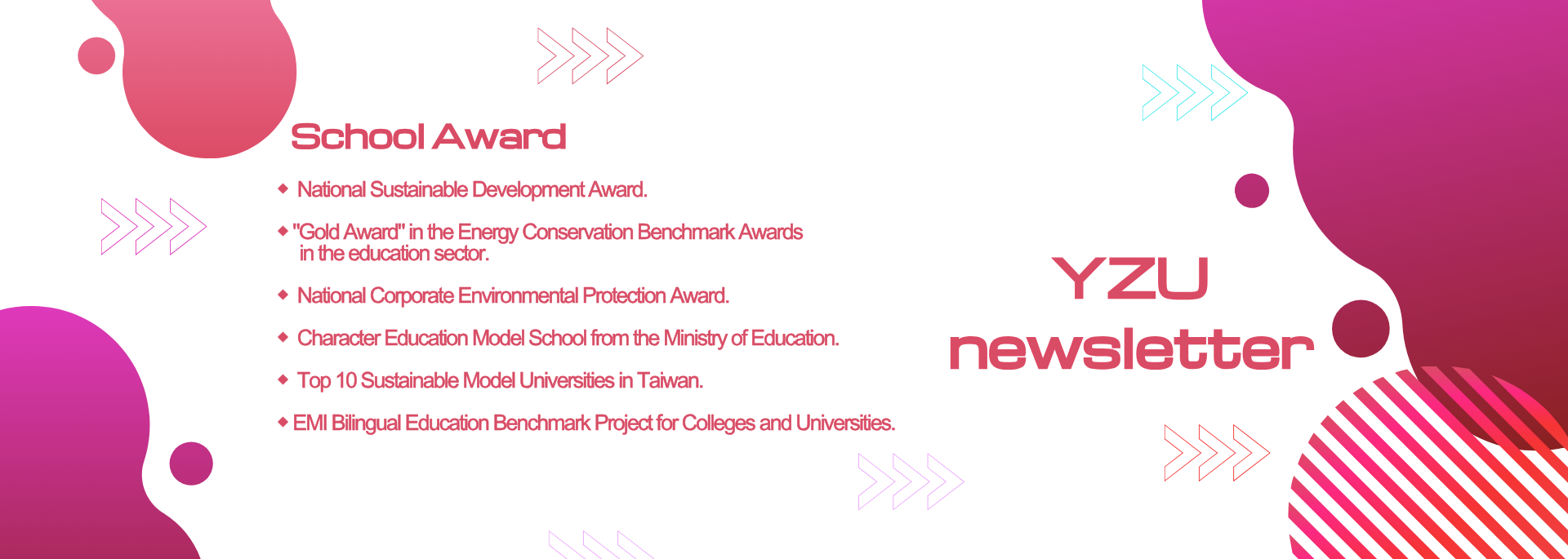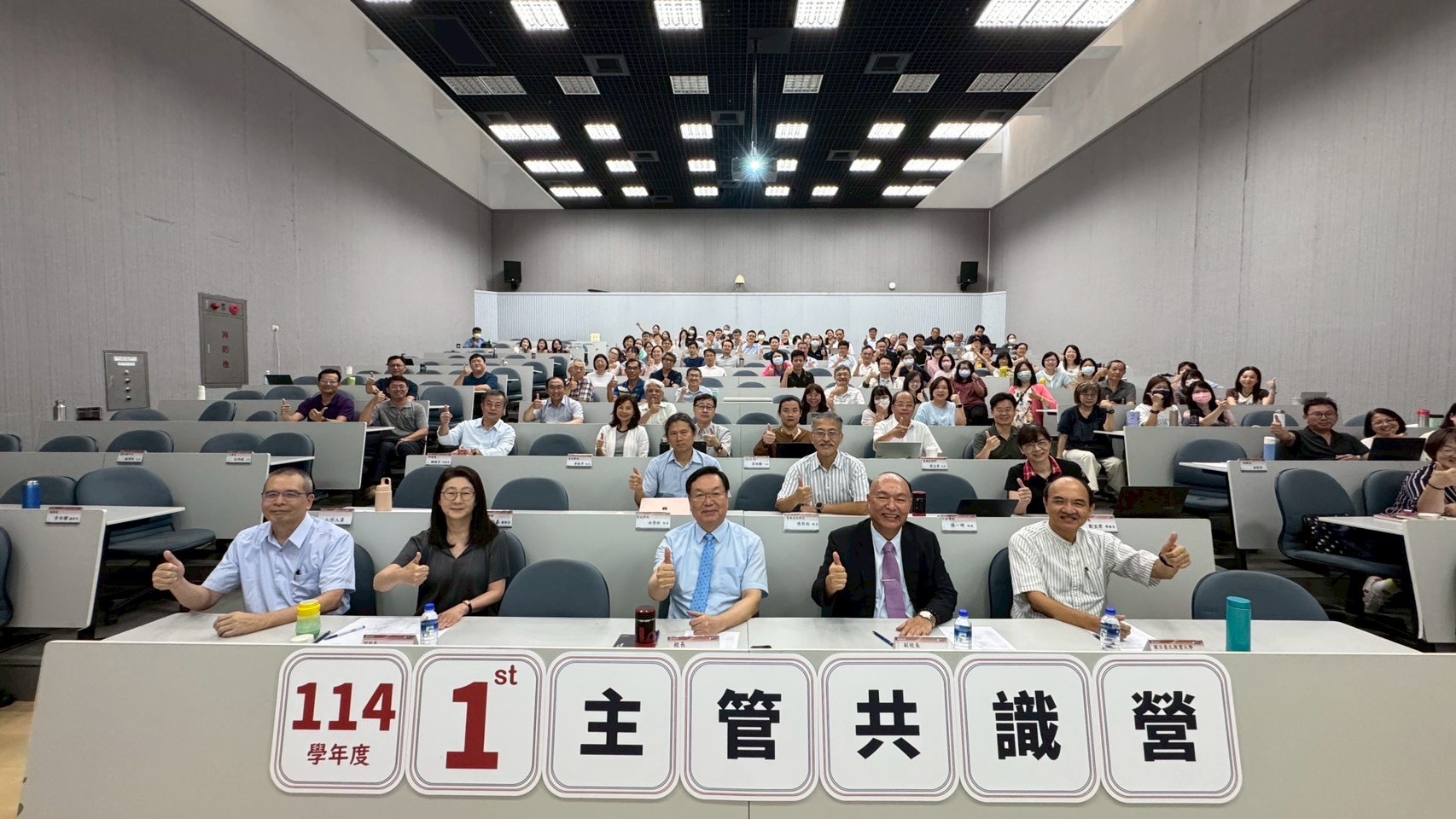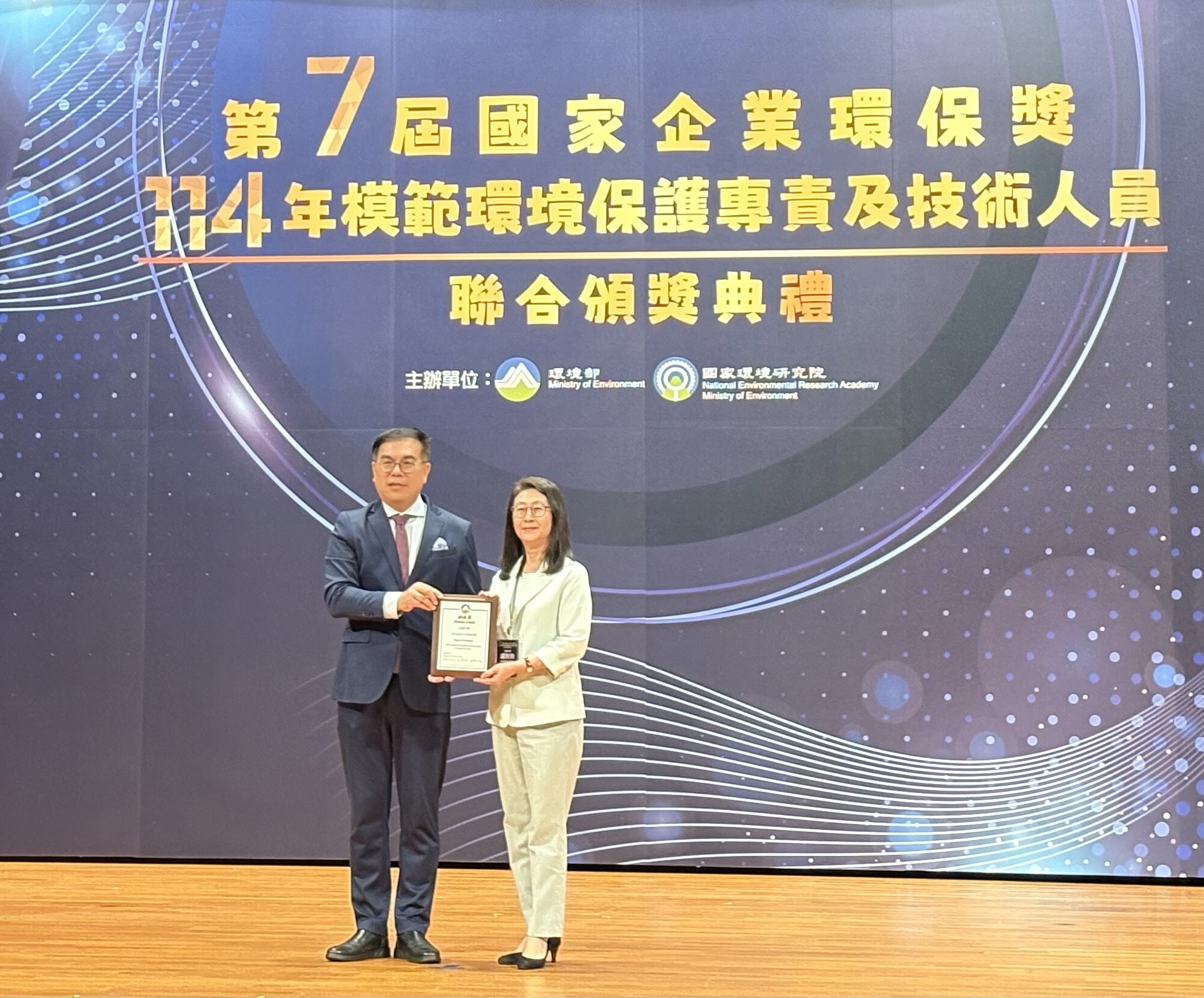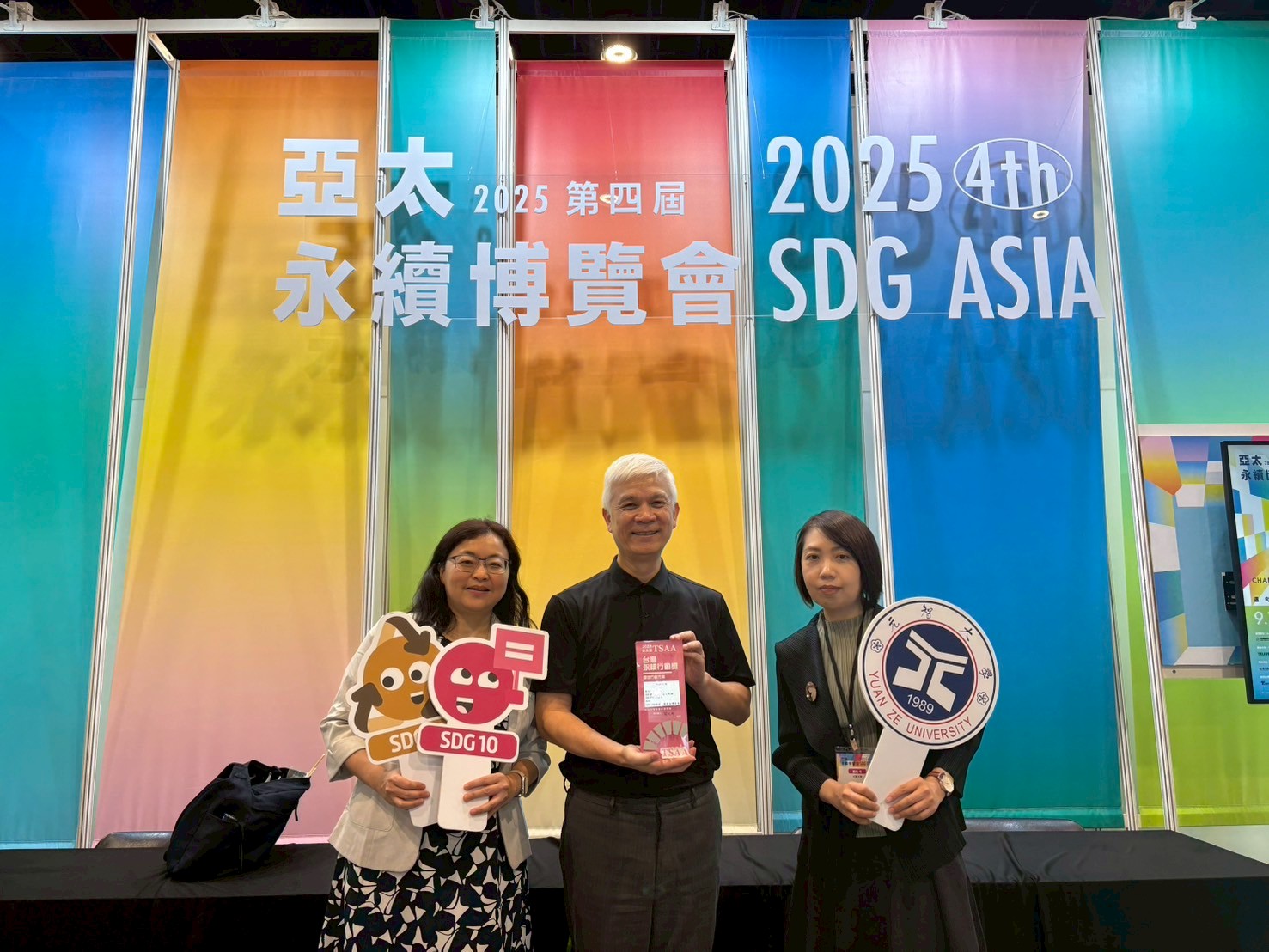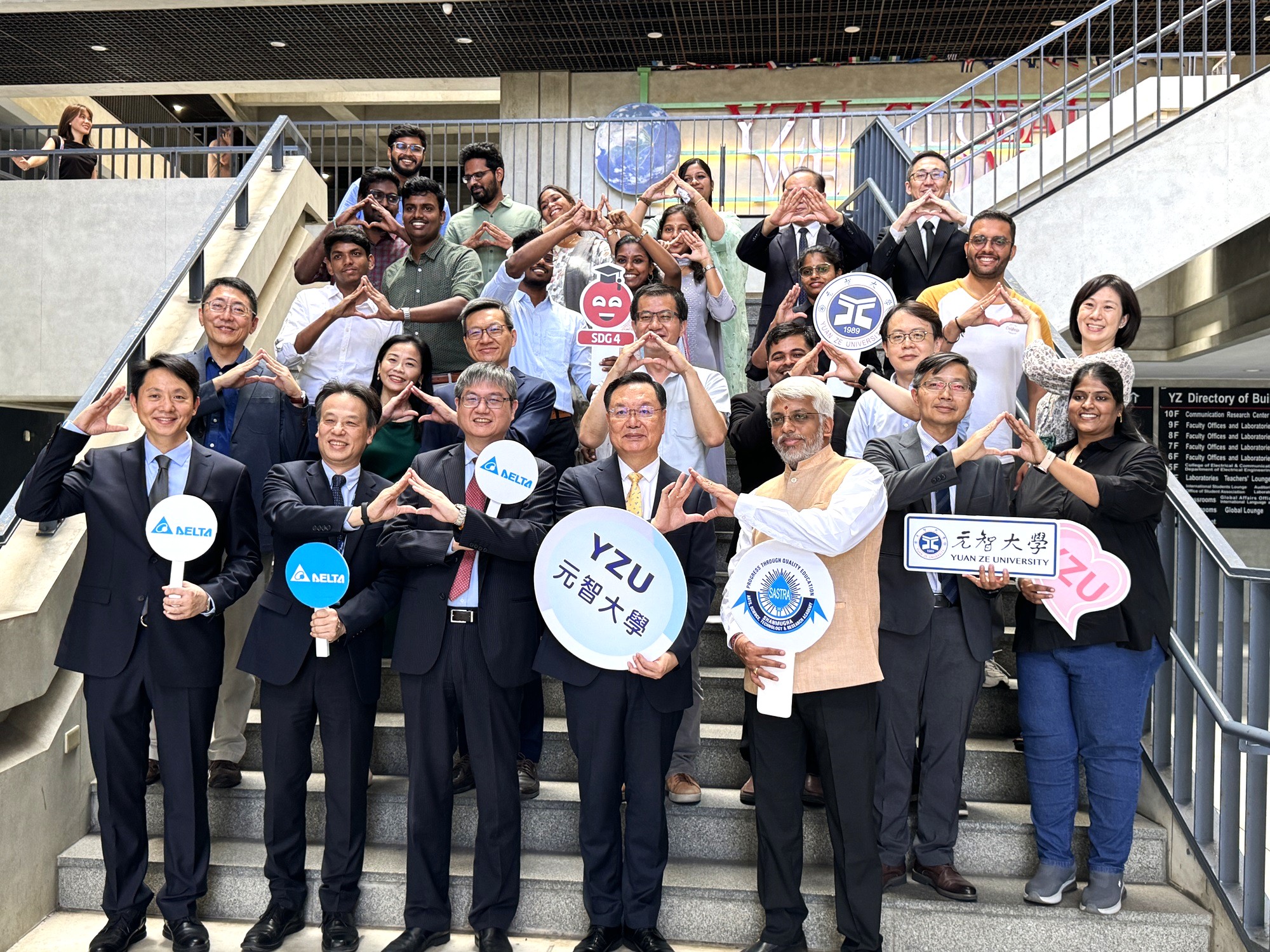Yuan Ze University held its first Leadership Consensus Camp of the 114th academic year on August 26, 2025, with the central theme “Cultivating AI Talent, Creating a Sustainable Future.”
The event gathered first- and second-level administrators, along with faculty members, to explore the applications and challenges of AI in higher education, campus governance, research and innovation, international exchange, and infrastructure. Through seven comprehensive presentations, participants reflected on the University’s current practices and future directions for AI-driven development.
Professor Ruey-Hsiung Chang opened the discussion with a keynote speech on “The Application and Issues of AI in Higher Education.” He argued that AI had already become a critical driving force for the future of higher education, influencing teaching, research, and administration. Yet, he also cautioned that higher education was under pressure from the questioning of degree value and the rapidly changing demands of the job market. According to him, AI could help provide solutions. In the classroom, AI functioned as a “universal teaching assistant,” guiding students in problem-solving, writing, and language learning, while even offering psychological support. Research indicated that students were more willing to engage with AI counseling than with human conversation records, showing its potential as a first-tier support tool. For faculty, AI offered assistance in exam design, syllabus preparation, and teaching material development, significantly reducing workload. However, Chang also raised concerns about academic integrity, noting that over-reliance on generative AI tools—both by students and by teachers—posed challenges for credibility and originality in academic work.
From the perspective of academic planning, Dean of Academic Affairs Chien-Hsing Hsieh presented an AI Education Blueprint designed to strengthen sustainable competitiveness. His plan emphasized four progressive levels—understanding AI, using AI, creating AI, and leading AI. He explained that recruitment strategies already employed 360-degree virtual campus tours to attract students, while the curriculum introduced required courses in programming and cloud computing alongside interdisciplinary AI programs and international certifications. To support teaching, AI assistants and generative AI were integrated into coursework, while learning communities and faculty development projects were established. The blueprint also included predictive modeling for academic status and student performance, enabling early intervention and guidance.
Extending the discussion to campus life, Dean of Student Affairs Yi-Chun Liu introduced a vision of AI-driven innovation in student affairs centered on food, housing, transportation, education, and leisure. She explained how smart canteens could employ AI models to predict dining demand, reduce food waste, and optimize inventory, while future systems might recommend personalized menus based on health data and reward balanced eating habits through gamified mechanisms. For student housing, AI algorithms were used to improve roommate matching and room allocation, supported by real-time dashboards and apps for occupancy data, vacancy management, and maintenance requests, thereby increasing transparency and efficiency.
Dean of General Affairs Po-Chien Lee highlighted the role of AI in campus infrastructure, describing efforts to establish smart and sustainable foundations. He introduced an AI-powered energy management system that controlled lighting, air conditioning, and streetlights in connection with class schedules, while dormitories incorporated prepaid electricity monitoring to enhance energy efficiency. In terms of campus safety, AI was applied to detect abnormal behavior and fire hazards, ensuring immediate alerts and stronger risk management.
Dean of Research and Development Yu-Hung Wei reported on the University’s broad achievements in AI research under the theme “AI Innovation Research to Realize a Sustainable Vision.” He noted that AI applications extended across engineering, computer science, and the humanities. Among the examples were medical AI projects such as snoring prediction, white blood cell classification, and dementia detection apps; digital humanities initiatives integrating AI ethics education; industry collaborations on paint color prediction and smart mattresses; and sustainability research in areas including net-zero emissions, hydrogen energy, and carbon capture, utilization, and storage (CCUS).
From the perspective of digital transformation, Chief Information Officer Jen-Tsan Wang of the Office of Library and Information Services emphasized the construction of a smart digital ecosystem to empower AI applications. His initiatives included AI chatbots for personalized academic advising, automation of administrative processes, AI-assisted decision-making, and the creation of a smart library with book recommendation systems and interactive Q&A bots. He also stressed the importance of cybersecurity and the establishment of a generative AI sandbox paired with hackathon activities to encourage cross-disciplinary innovation.
The international dimension was presented by Dean of Global Affairs Yun-Chia Liang, who underscored the importance of linking international resources to advance AI education and sustainability. She explained that AI was being integrated into automated admissions processes and multilingual service systems, helping the University overcome language barriers in global engagement. At the same time, Yuan Ze University had partnered with overseas institutions to develop AI-focused master’s programs and workshops, strengthening cross-border collaboration in education and talent cultivation.
The consensus camp illustrated Yuan Ze University’s comprehensive commitment to AI, extending from educational blueprints and student affairs innovation to infrastructure enhancement, research breakthroughs, and international partnerships. Despite the technological focus, the discussions repeatedly emphasized that education remained centered on human development. AI, the participants concluded, should serve as a tool of augmentation rather than replacement. Looking ahead, Yuan Ze University pledged to deepen AI literacy education, expand interdisciplinary research, strengthen international cooperation, and, within the framework of sustainable development, continue to fulfill its mission of “Cultivating AI Talent, Creating a Sustainable Future.”
 English
English  正體中文
正體中文 